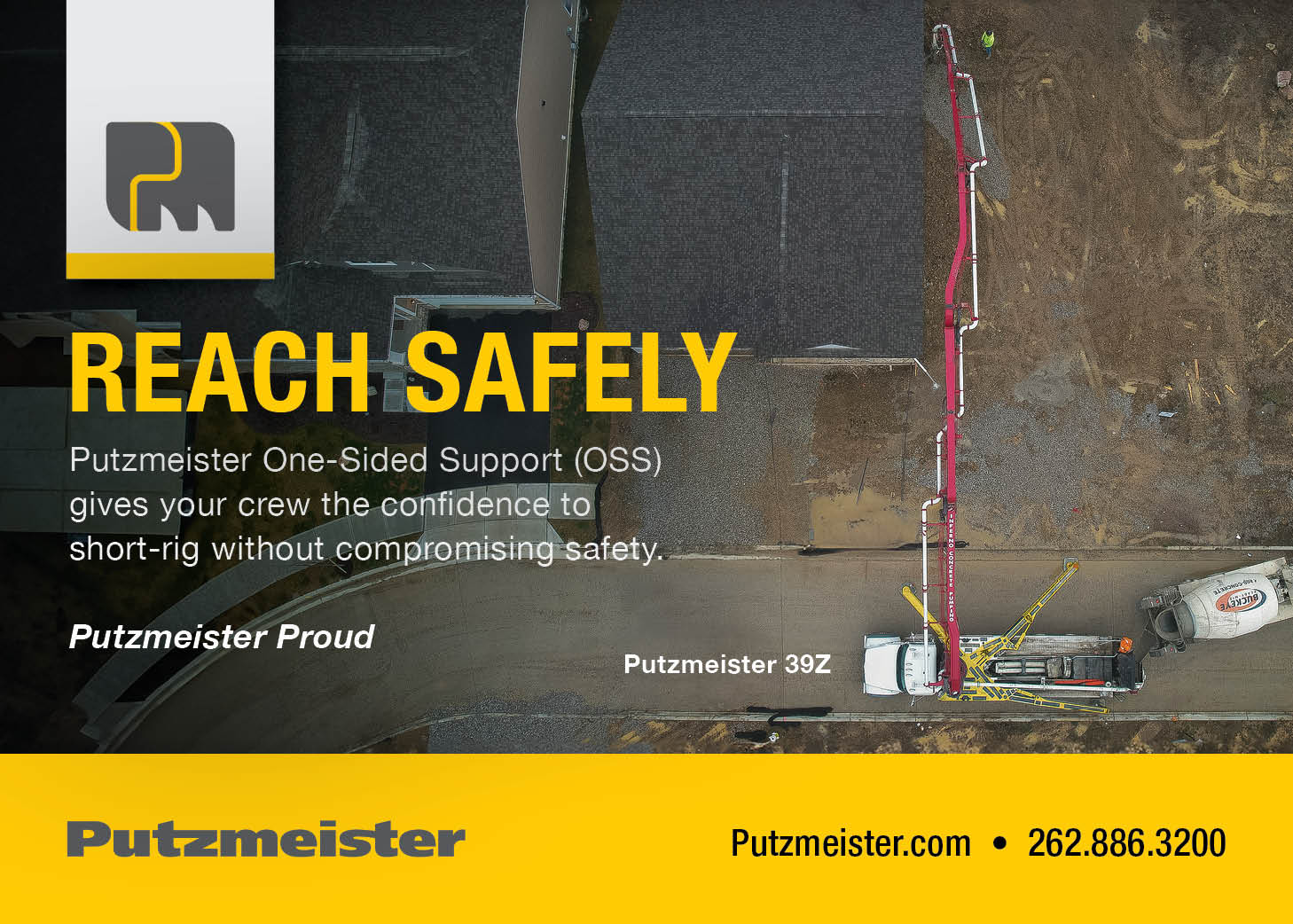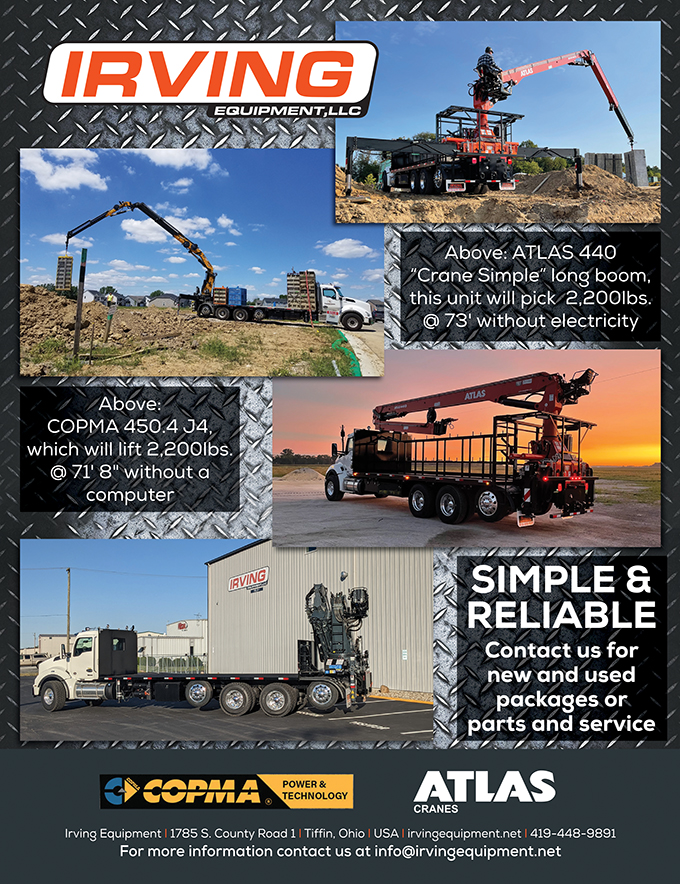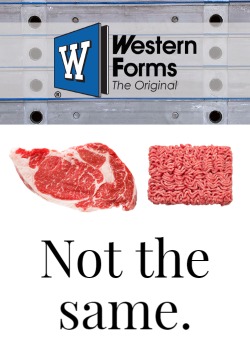How Does a Job in High School Predict Success Working for a Concrete Contractor?
Español | Translation Provided by the CFA
By Bill Humbert, The Recruiter Guy / www.RecruiterGuy.com / Bill@RecruiterGuy.com

Interviewing candidates is always interesting for me. We have an opportunity to learn about the candidates and their professional lives. (Yes, even laborers have professional lives.) You have seen laborers who you trust to do their jobs, no matter how hot and humid or cold and wet. Then, there are the others…
What separates them? Is the difference in the individual, the manager, or the interview? Most times, the blame falls directly on the worker. So, wouldn’t it be nice to be able to determine a candidate’s ability and motivation to get the job done before you offer them a job?
Some of you are probably excellent interviewers. Congratulations! You are the Hall of Famers! In my experience recruiting for over 40 years, however, most managers have never formally been taught how to effectively interview. Therefore, they make their hiring decisions based on feelings and gut reactions. When I hear that kind of approach from a hiring manager, my reply is, “Guts are good for storing and processing food, not so good for selecting the best candidates.”
One Question That Helps Determine Work Ethic
In his book, Topgrading: How Leading Companies Win by Hiring, Coaching, and Keeping the Best People, Bradford Smart observes that if you ask a candidate whether and why they worked in high school, you will have a peek into their work ethic potential. The author says that candidates who respond that they worked in high school for financial independence generally had a strong work ethic.
Since reading that book in 2001, I have asked both hourly and professional candidates that question. It is incredible how well it predicts a potential employee’s work ethic.
8 Different Ways I May Structure Interview Questions
When I train Hiring Managers on interviewing, we practice creating interviewing questions using these different methods.
- Behavioral Questions: Most people have heard of behavioral questions. Few people know the premise behind them. It turns out that we humans are fairly predictable. Once we find a way to handle a situation successfully, we will try to use the same method every time we face it. When creating an effective behavioral question, anticipate a situation the candidate will face as an employee. Structure the question around that situation. Example: When you find yourself in a situation where one of your co-workers is about to hurt themselves, how do you prevent that accident?
- One-Step Question: This kind of question is simple. You are looking for one piece of information. Example: What did you like best (or least) while working at your previous company?
- Two-Step Question: This kind of question is better for professional positions. An example that I use often: Have you ever found yourself in a situation when a force beyond your control put you behind schedule? Were you able to get back on schedule? How?
- Pause/Silence: Ask a behavioral question and noticeably nod “yes” while the candidate is responding. When they think they are finished with their response and stop talking, do not say anything. Simply nod “yes” and silently roll one hand as if to say continue. Many times, they will begin to say things that they should not say. You determine when to stop. (And you thought I was a nice guy!)
- Compare or Contrast: Compare (or contrast) your experience at one company with your experience at another—what did you like? What did you dislike?
- Example: This is a way to draw a candidate in. You talk about something that makes you uncomfortable, then you ask how they would handle that situation.
- Echo a comment: Let us say the candidate said that they do not like pouring concrete. Your echo would be, “not like pouring concrete?” with your head slightly cocked to one side.
- Yes/No Questions: The ubiquitous yes/no question is sometimes required. For instance, if an employee may have to move one of your vehicles, you may ask, “Do you have a current Iowa driver’s license that is clean?” Laborers generally have no filters. There was one time where I was recruiting for Cache Valley Electric in Salt Lake City, and I asked a laborer candidate that question. Their response? “Yes, but.” I asked why “but”? They replied, “Well, last week, I was cited for speeding, running a red light, and reckless driving.” I responded that their license was not clean. Their response: “But I haven’t been to court yet!” You can’t make this stuff up!
Effective interviews improve your choices when making a hiring decision. The alternative…you may do just as well to simply see if a candidate can fog a mirror.







